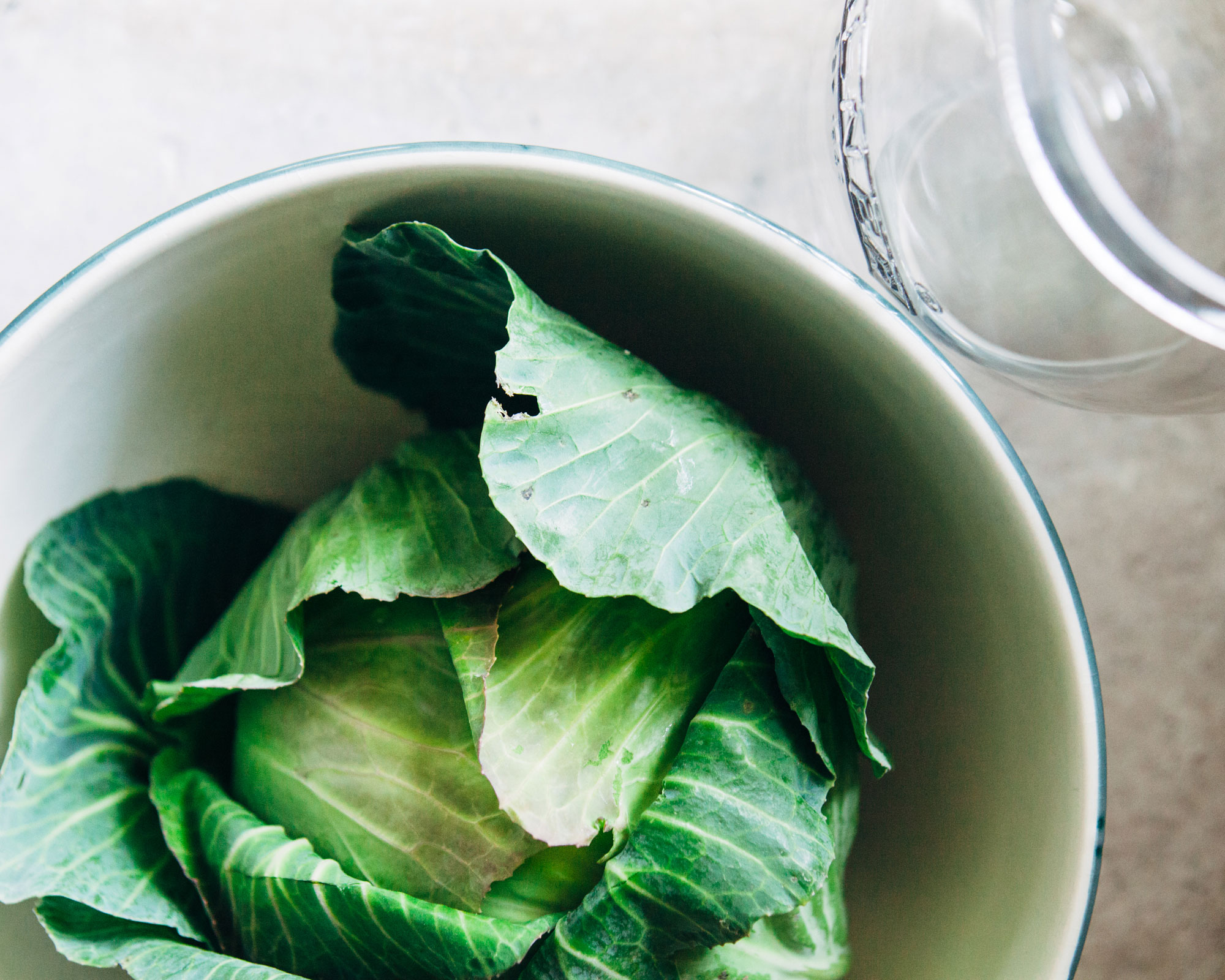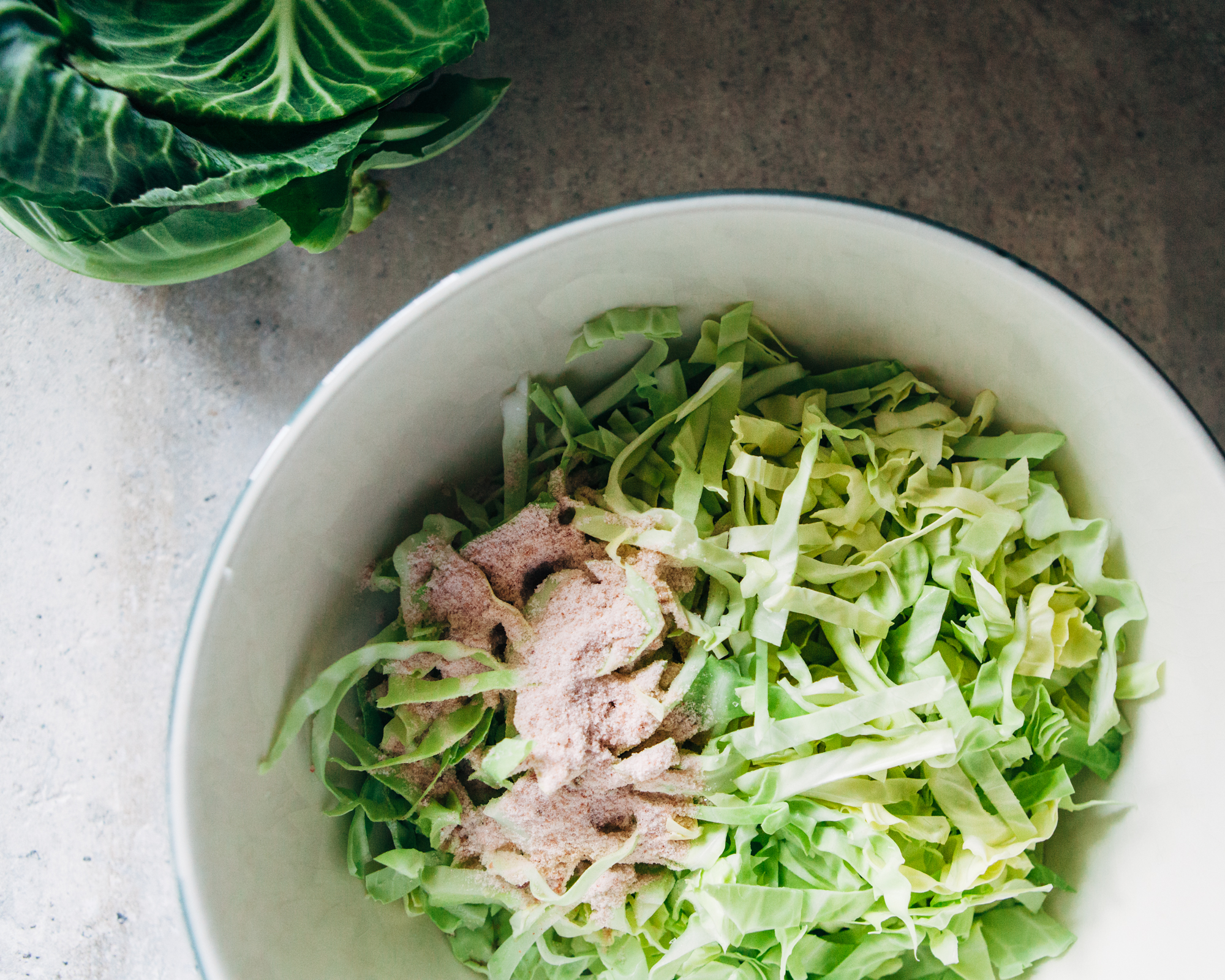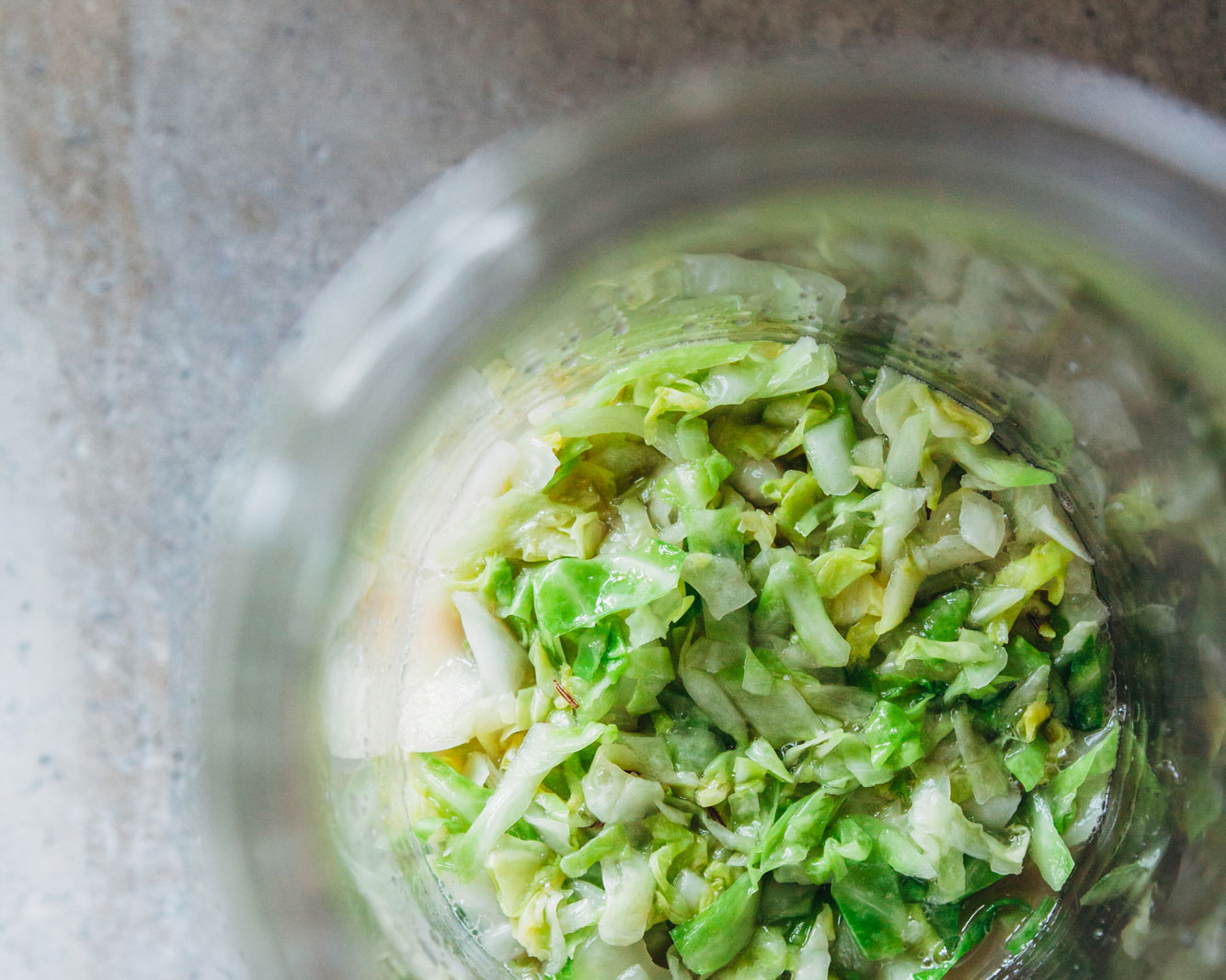Skin-friendly Fermented Foods for Gut Health
You can’t read a magazine or scan a newsfeed these days without being told about the amazing benefits of fermented foods. These special foods do indeed have a significant role to play in gut health and feature in the Bestow Love Your Gut Programme for this reason. Here’s the skinny on how fermented foods can promote gut health and support beautiful skin.
What are fermented foods?
Fermented foods are food or drinks that have been pre-digested by live microbes as part of a fermentation process. When eaten daily they provide a multitude of bio-available nutrients and beneficial microbes. They can be plant-based and pickled in brine, or liquids or proteins cultivated with a live culture.
How do fermented foods help gut health?
The gut is home to various colonies of live bacteria and fungi – some good and some bad. When bad colonies of gut microbes overtake good colonies this has a damaging effect on skin and overall health. Our gut needs a regular supply of beneficial live microbes in order to maintain a harmonious microbe balance. Fermented foods support the gut by supplying a diverse range of beneficial gut microbes as well as digestive enzymes, which enhance nutrient absorption.
What’s the connection between gut health and skin health?
A sluggish digestive system and imbalanced gut leads to an overloaded liver and unwanted inflammatory toxins circulating around the body. This exacerbates skin challenges like acne, rosacea and any sensitive or inflamed skin conditions. It gets in the way of a clear, glowing complexion. But the reverse is also true. When we make the changes required to heal our gut, our skin is supported and renewed from within. The gut-skin connection is very direct.
What are common fermented foods?
We feature three skin-friendly fermented foods in the Bestow Love Your Gut Programme: coconut yoghurt, sauerkraut and kombucha. We avoid some of the other common fermented foods like kimchi, tempeh and miso because soy-based products can be irritating to the gut and the spices in kimchi can inflame sensitive skin.
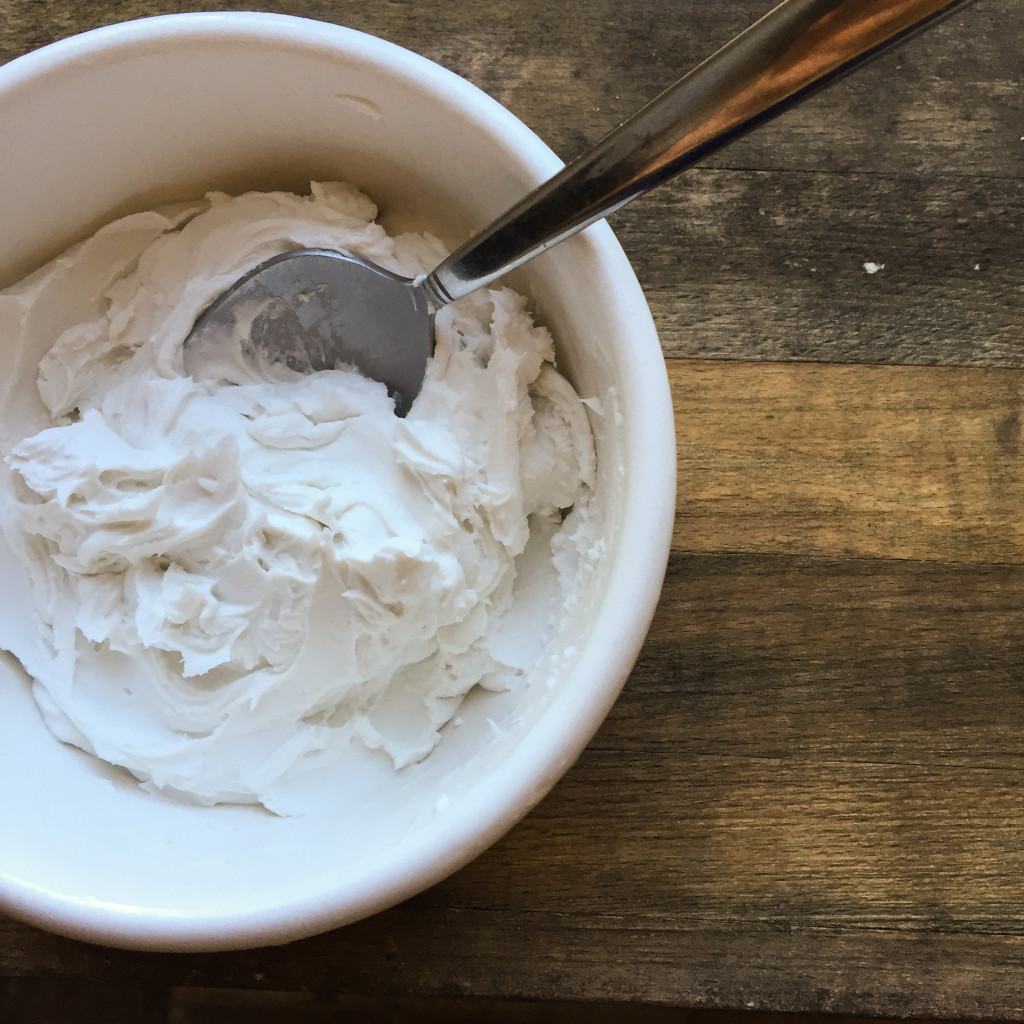
Coconut Yoghurt is coconut milk that has been cultivated with a live culture. The Bestow Love Your Gut Programme provides a recipe for making your own but it is also readily available at good supermarkets. It is wise to give your gut a break from dairy yoghurt during your gut healing programme as cow’s milk is not always easily tolerated by sensitive tummies.

Kombucha is a delicious fermented tea drink which is packed full of beneficial microbes to rebalance your gut. Drinking a full glass is fine, but if you want to ration it for the sake of your budget, you only require 100mls daily for the gut benefits.
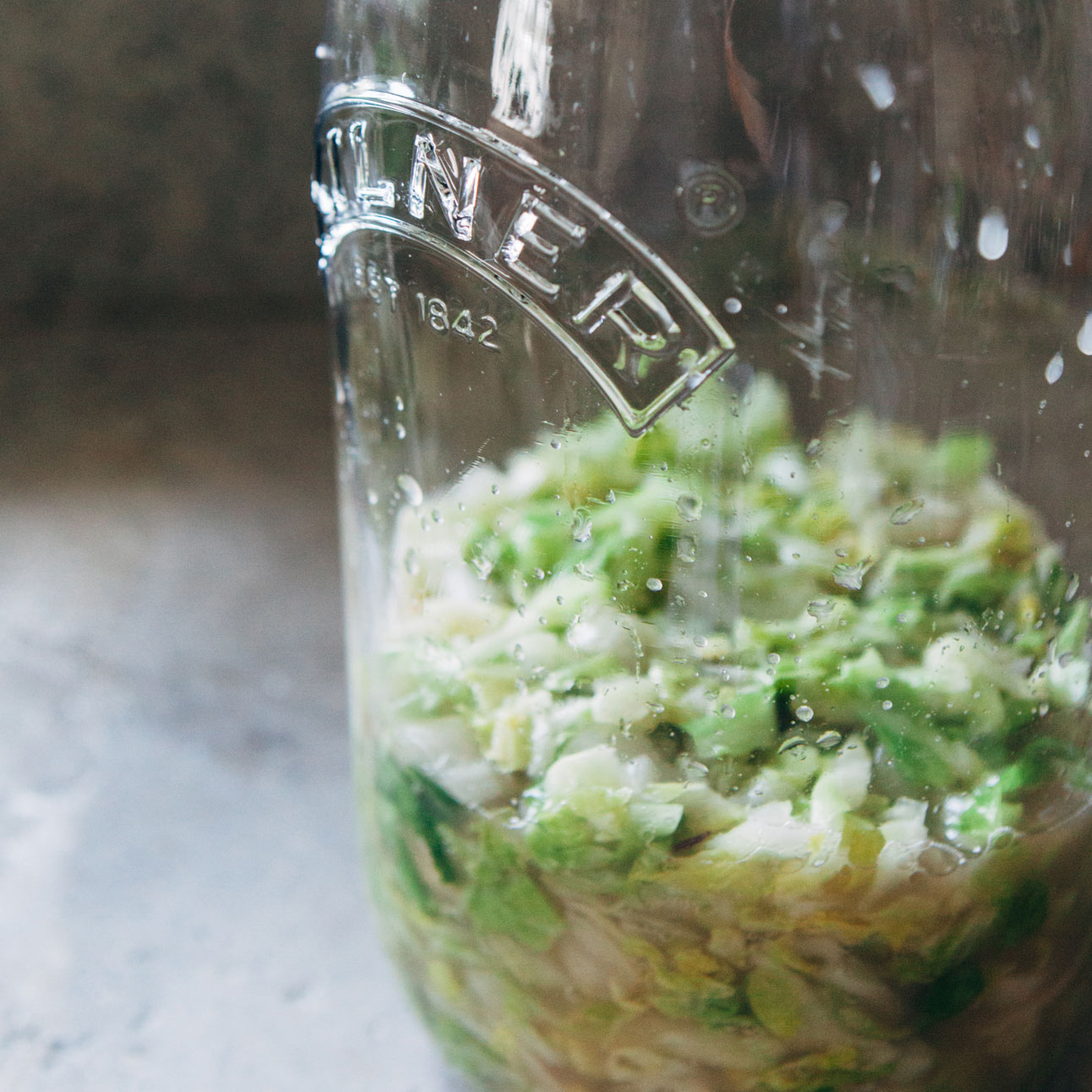
Sauerkraut is essentially pickled cabbage, though other vegetables such as carrots and beetroot can also be added. It produces a plethora of bacteria which will support your gut microbiome. As a general rule, it is best eaten raw so the probiotics are alive and active when we consume them, however some will still survive cooking.
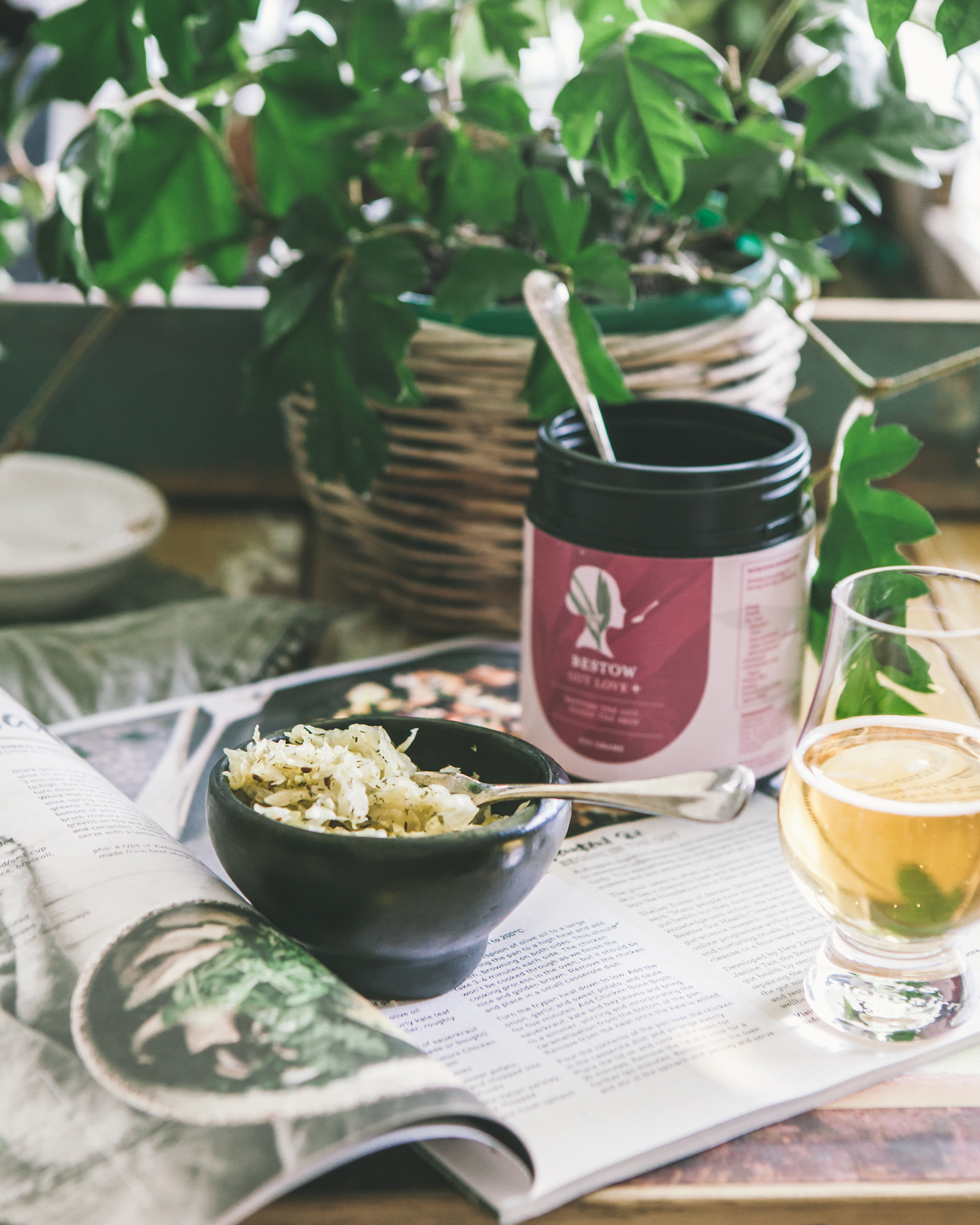
Are fermented foods a new food fad?
Not at all! Before electricity made refrigeration possible fermentation was a common way of preserving food. But fermented foods have deeper roots than that. They were part of ancient food cultures in many parts of the world. Greece brought us yoghurt, Germany – sauerkraut, Japan – miso, Russia – kombucha, kefir and kvass, India – lassi and Egypt – sourdough. Countries where fermented foods continue to be embraced are often reported to have better overall health and life expectancy than countries that don’t.
As civilization progressed, it seems that somewhere along the way – and particularly in the West – these fermenting practices were lost. What now looks like a fad is simply a renaissance of interest in these amazing foods, prompted by a greater global awareness of other food cultures and advances in gut health research endorsing their health-promoting benefits.
Are fermented foods enough or should I take a probiotic supplement as well?
Because the quantity of fermented foods we ingest is often insufficient as a sole probiotic source, a probiotic supplement is a good addition. It is important to eat a variety of microbes and the combination of various fermented foods and a probiotic supplement will help to ensure diversity. Bestow Gut Love + is a world-class synbiotic powder including probiotics, prebiotics and digestive enzymes to support a thriving gut microbiome.
How much fermented foods should you have for gut health?
Aim for at least two servings a day of fermented foods. Incorporating at least two of the following into your daily eating habits is quite easy to do. Enjoy the benefits!
One serving equals any of the following:
100 mls of Kombucha
1 tablespoon of Sauerkraut
2 tablespoons of Coconut Yoghurt
Make your own sauerkraut!
See our fab recipe here for homemade sauerkraut – just two ingredients!
